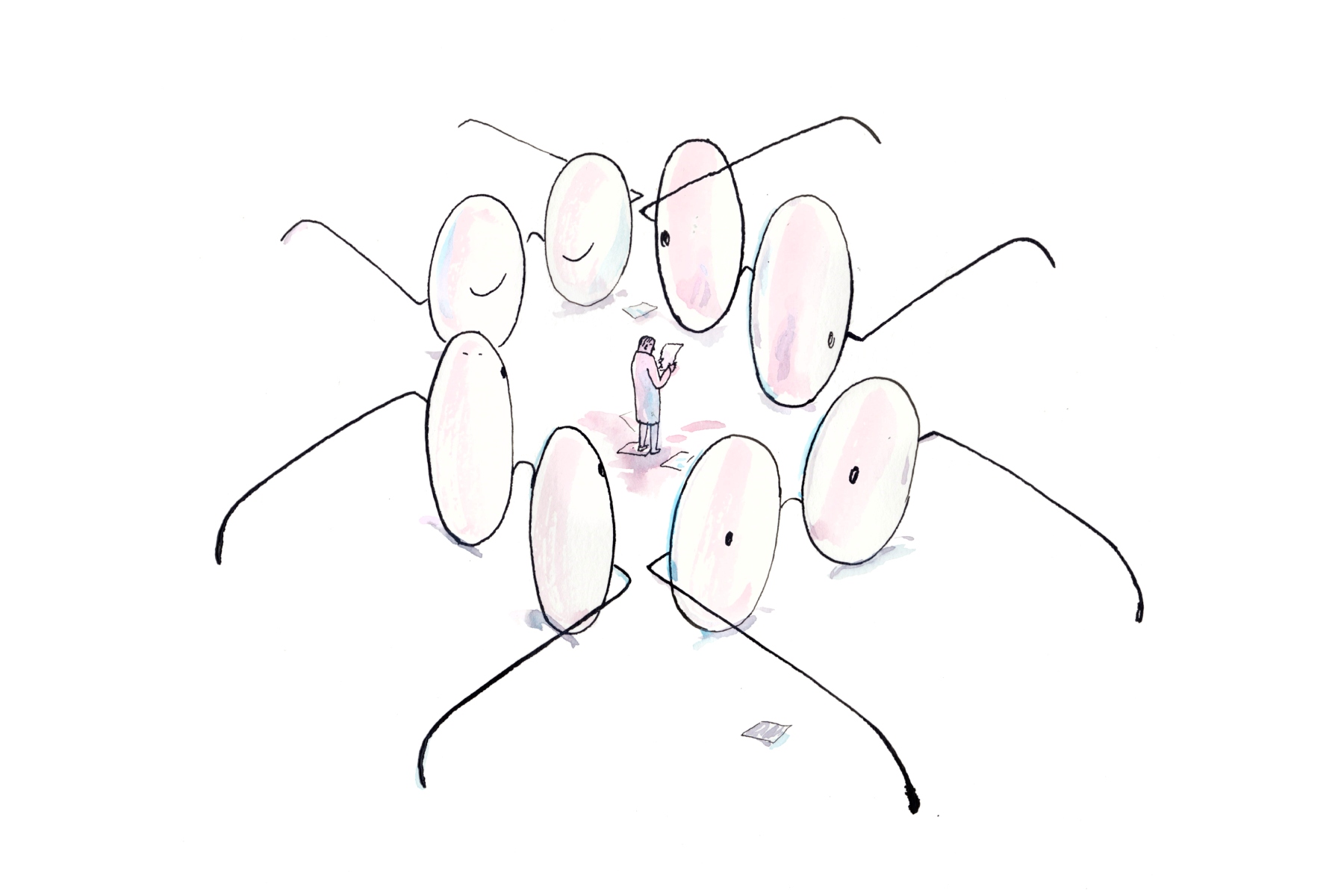
"What made us think anyone would be interested? The answer is rarely simple. We constantly sift through news, linking trends, scouring reports, going yes, no, maybe. That's how we ended up emailing Pollon, a Vancouver-based journalist with deep knowledge of the mining sector. Could Trump's obsession with critical minerals illuminate his annexation talk about Canada? (Spoiler: yes.) But discerning, synthesizing, and connecting explains only part of how we decide."
"These trade-offs are, in turn, tied to the key, if even trickier to define, idea of taste. Our choices embody our newsroom. They express our convictions, our frustrations, the lazy assumptions we want to counter. Editorial judgment is identity. It declares what we stand for. What do we stand for? The real question is: Would we have been proud of Pollon's piece had it attracted a third of the views? Or scarcely any? Readers don't always show up in force."
Canada's reserves of critical minerals and abundant freshwater increase its strategic value to resource-hungry nations. Newsrooms make commissioning choices by sifting trends, reports, and expertise while negotiating limited budgets and competing priorities. High-traffic pieces can attract sudden large readership, but editorial taste and identity drive coverage of lower-traffic subjects like climate change, literary criticism, and urban policy. Hiding traffic metrics can focus attention on stories deemed worth telling rather than chase clicks. Strategic resource competition and editorial priorities together shape which topics receive prominence and which get sidelined.
Read at The Walrus
Unable to calculate read time
Collection
[
|
...
]